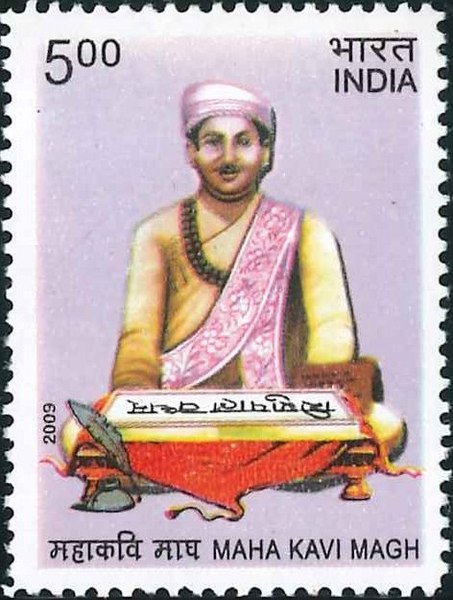Infinite photos and videos for every Wiki article ·
Find something interesting to watch in seconds
Celebrities
Best Campuses
Famous Castles
Largest Palaces
Presidents
Wonders of Nature
Largest Empires
Great Museums
Ancient Marvels
History by Country
Great Cities
Great Artists
Orders and Medals
Tallest Buildings
Crown Jewels
British Monarchs
Rare Coins
Recovered Treasures
Supercars
Animals
Wars and Battles
Sports
Countries of the World
Kings of France
Richest US Counties
World Banknotes
more top lists


